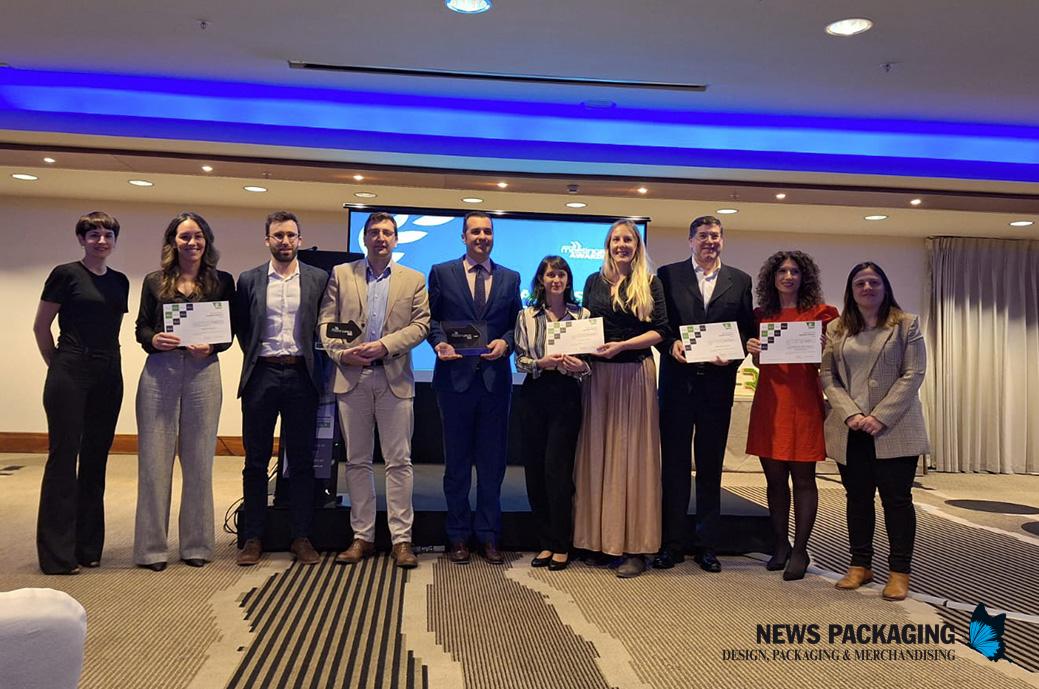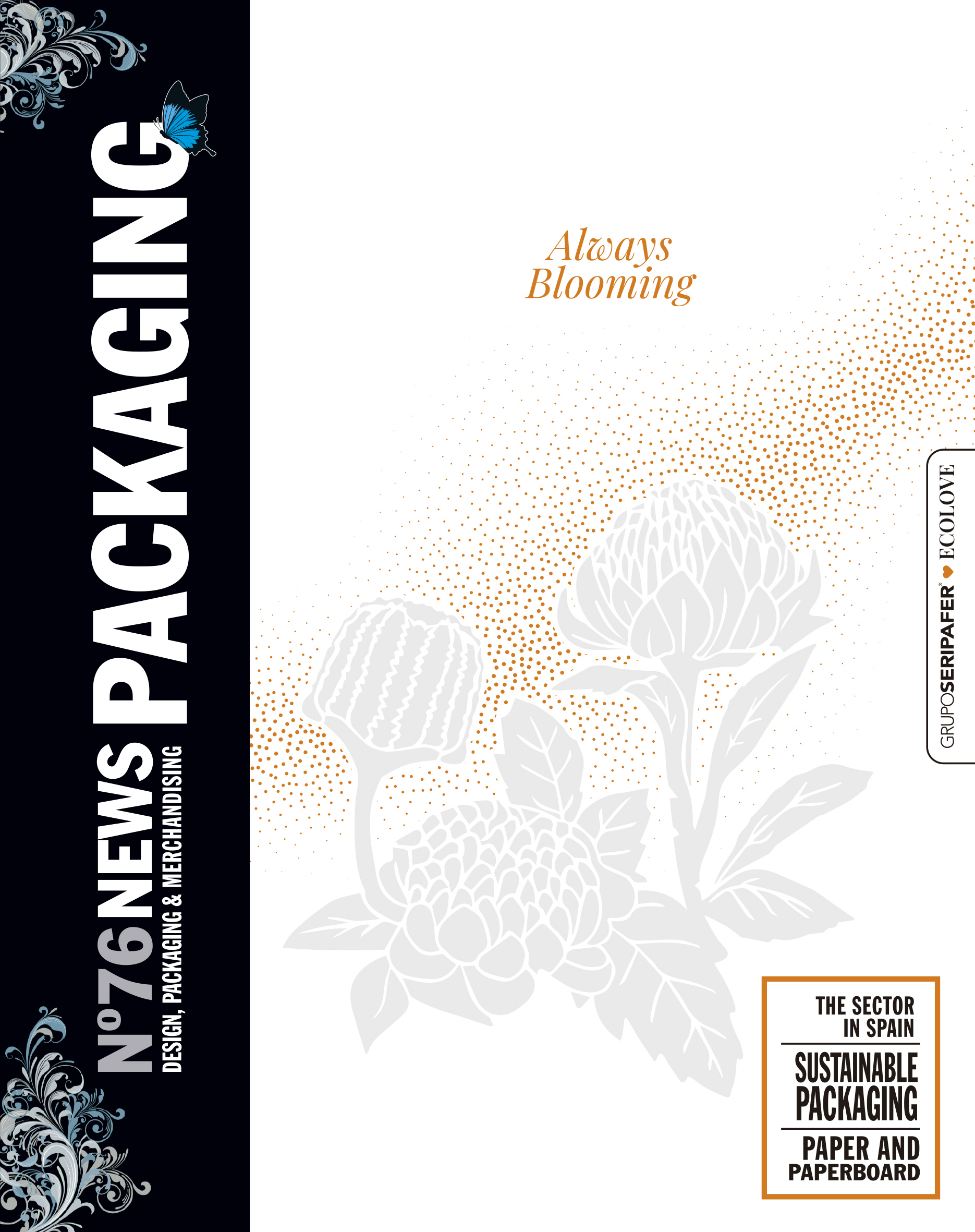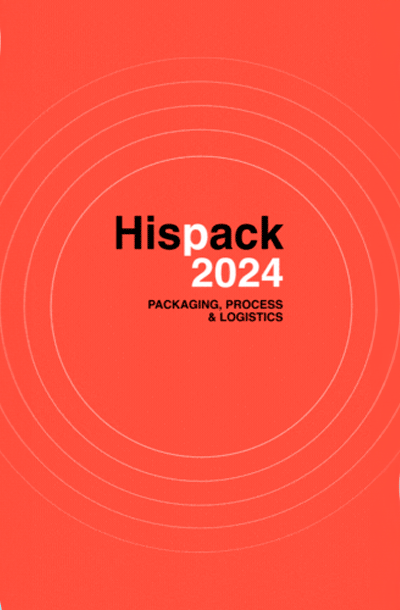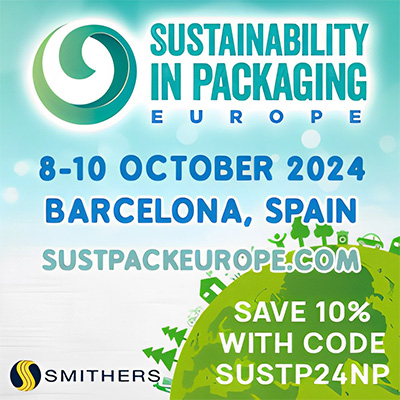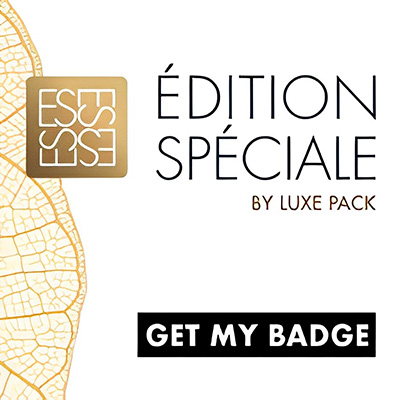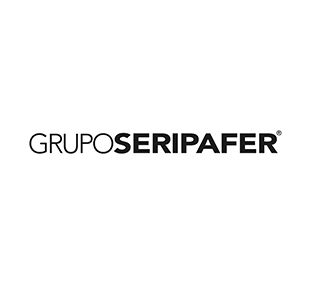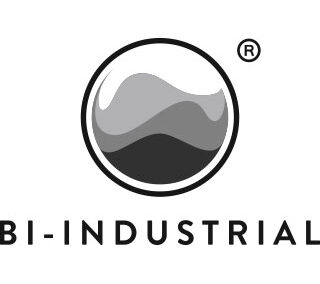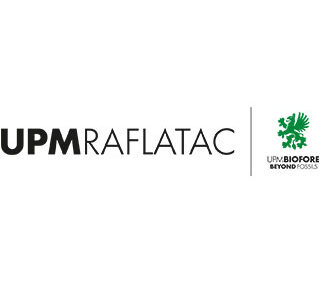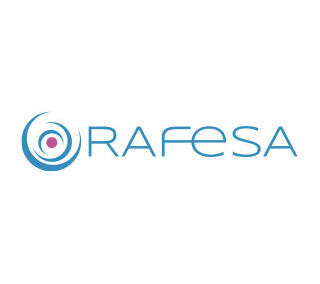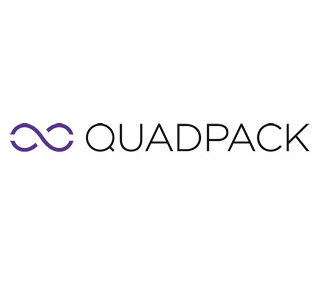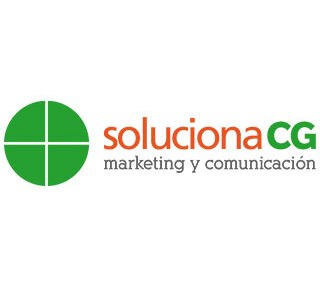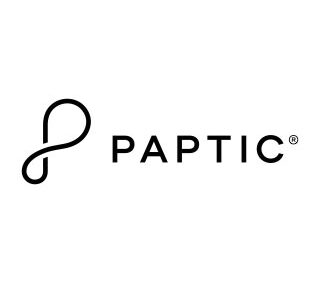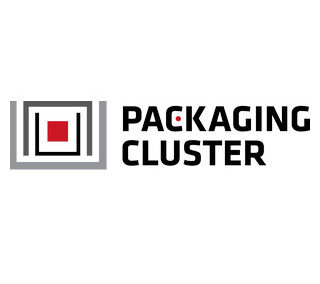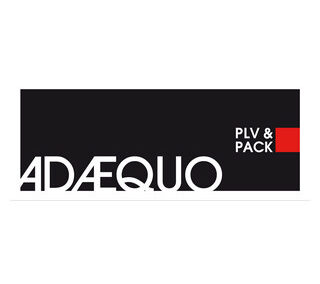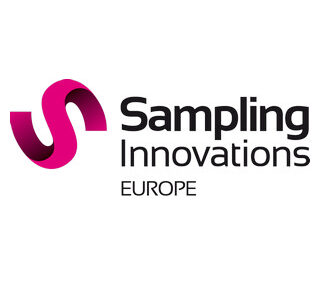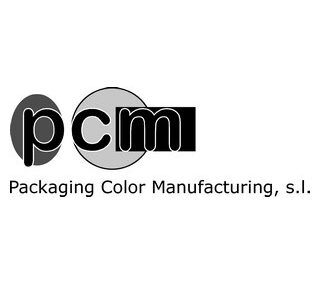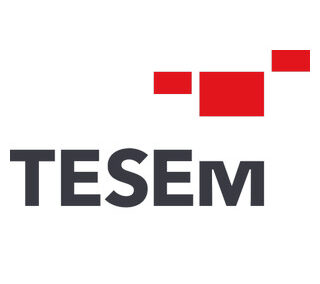The sixth edition of Meeting Pack, the biennial meeting organized by AIMPLAS and AINIA at the Congress Palace Valencia, closed yesterday afternoon after two days. Nearly 300 professional attendees have been able to learn, from the hand of more than thirty specialists, the challenges of barrier packaging from the point of view of environmental sustainability which, as they have concluded, is more necessary than ever due to the current context. legislative and socioeconomic.
Businesses Rotor Printy Plastipak have been recognized with the MP2024 Awards in the categories of: “Flexible packaging solutions” (films) and “Rigid packaging solutions” (trays and/or bottles), respectively.
The development of Rotor Print consists of a coffee container suitable for recycling with high barrier easily recyclable and aluminum free.
The PPK Natura solution, from Plastipak, is the first metal-free aerosol that is also recyclable. It's about the first PET resin formed by capturing CO2 emissions. The resin, food grade, is suitable for personal care, pharmaceuticals, OTC, supplements and nutraceuticals, beverage and food packaging, as well as other applications.
In this second edition, they have been finalists in the category of solutions aimed at flexible barrier packaging (filMS): Enplater, for its apet rigid film with material of 100% recycled origin and suitable for food use; Innovative Film Solutions, for its biodegradable and recyclable BOPP Film, and the award-winning Rotorprint.
The finalists in the category solutions aimed at rigid packaging (trays/bottles) have been J. Garcia Carrión, for its Pure-Pak eSense® solution, an aluminum-free brick for its vegetable drinks, gazpachos and salmorejos; Grupo Lantero, for its circular yogurt cups that incorporate post-consumer PS, and the award-winning Plastipak.
Meetingpack 2024: about 40 presentations and 300 attendees
In the opening presentation, José María Fernández, director of Circular Economy of the Public Society for Environmental Management of the Basque Government, Ihobe, how the directive (EU) 2024/825 to combat greenwashing and avoid confusing advertising regarding sustainable solutions will ensure that claims that a product is sustainable are supported by scientific evidence such as life cycle analyzes or carbon footprint. In this way, the aim is to ensure that sustainability truly becomes a competitiveness factor for companies and not a marketing tool.
The importance of Innovative materials for the production of sustainable packaging It was the first thematic block addressed in the first session held yesterday, where the focus was on the importance of the barrier effect and recyclability. In the session, Kuraray showed recyclable monomaterial and barrier solutions, and UBE provided recyclable solutions based on PA/PE for applications where transparency, gloss, barrier and puncture resistance are needed, achieving a reduction in thickness, among other advantages.
Furthermore, Total Corbion presented solutions where the environmental impact of PLA filament is lower compared to other materials; while Toppan proposed high barrier materials through a monomaterial strategy with AlOx/SiOx coatings. Knauf Miret, Kuraray, Ube, Total Energies Corbion and Toppan have also shown their innovations in this line.
In the second session Sustainability in flexible barrier packaging The difficulty of recycling traditional multilayer solutions (coextrusion and/or lamination) with high barrier performance, sealability and mechanical properties was highlighted. In this sense, Comexi, Rotorprint, Sealed Air, Sp-Group, and Grupo Lantero presented their ecodesign strategies to avoid this problem as well as solutions to avoid overpackaging and reducing packaging weight.
On the other hand, the need to focus on maintaining the functional characteristics of the packaging to avoid increasing food waste was evident, as well as the importance of improving the mechanical properties of the materials and validating the behavior of the packaging structures in the machinery. to adjust speeds or automatic seals.
As an example, monomaterial solutions with a barrier percentage were targeted to maintain their recyclability according to Recyclass and Cyclos.
La Sustainability in rigid barrier packaging was the focus of the third session in which, under the moderation of RAORSA, recyclable and compostable solutions were shown. For example: the project to incorporate cellulose fibers from olive oil waste into PLA to manufacture oil bottles by Acesur; the recycling of PET trays to manufacture PET trays by Faerch, or the importance of applying packaging design taking into account recyclability. Danone has presented an improvement to its YoPro range packaging, black, so that they are detectable in recycling lines and can be separated for recycling.
In the fourth and final block of yesterday's session, the Strategies in product packaging to meet 2030 objectives, giving a global vision to meet the objectives set for 2030 of Law 7/22 and the RD on packaging.
During the round table, in which Calidad Pascual, Garcia Carrión, Hijos De Rivera SAU, Florette, Vicky Foods, and the Packaging and Packaging Cluster of the Valencian Community participated, some of the sustainability strategies applied by the companies were cited: Reduction of materials and thicknesses, monomaterial, circularity, ecodesign, innovation, reuse and use of renewable energies are the most notable. The challenges taken on by companies have also been named, such as the use of recycled material in food contact, or alternative materials that fulfill functionality.
In addition, the importance of eco-design tools, information to the consumer on how to give an appropriate end of life to the packaging and the use of life cycle analysis tools, as well as the selection of materials according to the product and the country of export. Finally, examples of sustainable products developed have been given, such as a transparent PET milk bottle or the replacement of the rings with an adhesive on a pack of six cans.
Today's day began with the fifth session of the congress, moderated by Enplater: Innovative materials for the production of sustainable packaging (II) / sustainability in barrier packaging, where alternative solutions to conventional materials have been addressed.
AINA has presented edible coatings to avoid food waste, coatings that generate zero waste and that allow the incorporation of prebiotics and probiotics. The use of Casein as an oxygen barrier coating to apply on paper substrates has been presented by Lactips, a natural solution to microplastics in this type of paper packaging.
Quimóvil has exhibited water-based acrylic barrier coatings with barrier properties as a strategic challenge for more sustainable packaging.
Finally, Novamont has presented its development of compostable capsules for coffee and cellulosic packaging with barrier properties. All solutions are recyclable, and depending on the type compostable (home or industrial).
With the title End of life: Recycling and reuse Reusable packaging solutions, sanitation systems, applicable legislation and new business models were presented in the sixth session moderated by New Era.
Thus, Bumerang has highlighted the challenge of reuse related to making it easy for the consumer to return the packaging. If the user experience is good, they point out, the user will enter the system. For this they are working on different solutions depending on the type of client.
For its part, Veolia has focused on recycled plastic as a vector of decarbonization and has presented its global plastic recycling platform that brings together technical and commercial knowledge and a carbon and water footprint tool. Fych Technologies also participated in this session.
La seventh session It has been the framework to present new developments in the management, separation and recycling of barrier packaging and the application of legislation for recycled materials (plastics) for food contact and has been moderated by Heura Gesció Ambiental.
In it, AIMPLAS has presented two reuse projects. The first, reusable packaging for the cosmetic sector, connectivity and validation of prototypes. The second, focused on a reusable bottle for cleaning products and a bag in box for detergent.
TPL has explained how they approach improving sustainability, highlighting the reduction of thicknesses, the substitution of materials to achieve this reduction or the use of recycled material for film manufacturing. As an example, they have presented a PET-based film valid for all applications and recycling. Ecoembes has presented a tool to predict and modify the impact of packaging in the design phase.
The event ended with a round table on Trends and needs of packaging in distribution and consumers, in which Aces, Tal, Hispacoop and Carrefour have shared their points of view on the fulfillment of the 2030 objectives, what challenges they face, how they are being addressed and what would be needed to contribute to the fulfillment of said objectives.
MeetingPack 2024 has had the support of sponsoring companies such as Raorsa, Comexi, Enplater, Faerch, Grupalia, Innotech, Knauf Industries, Kuraray, Lubrizol, Novamont, Quimóvil, Toppan, Spg, Sealed Air, Total Energies-Corbion, Toyo Seikan Group Holdings Ltd., Tpl and Ube, as well as with the collaboration of relevant entities and organizations in the packaging and food sector.

